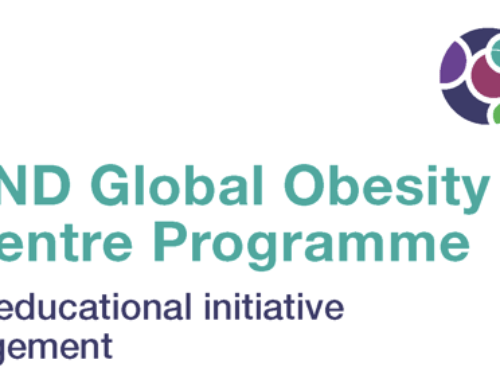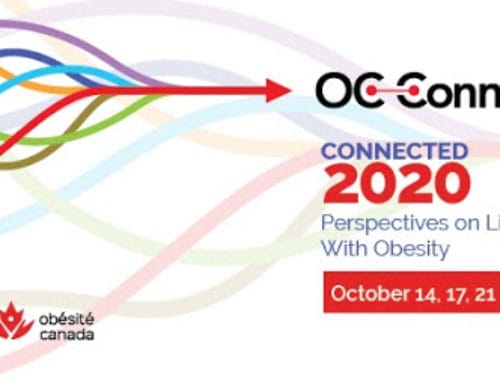Increase your knowledge of Obesity Management
This program will review the different socio-cultural, physiological, biomedical, psychological and iatrogenic factors that can contribute to a positive energy balance, subsequent weight gain and obesity. Over-eating and increased energy intake are not always related to hunger and can be related to pathways in the brain, similar to those seen in addiction.
Targeting these brain pathways is one pharmacologic approach to managing obesity that will be reviewed in the program. Orlistat, liraglutide, and naltrexone/bupropion are the three pharmacotherapies currently on the Canadian market for the management of obesity. Engaging patients using the “5 As” approach may help providers work with patients to set realistic and sustainable weight loss goals.
Learning Objectives
Upon completion of the lessons, participants will understand
- The prevalence rates and factors that contribute to obesity in Canada
- The importance of treating obesity as a chronic medical condition to improve health outcomes
- The role of the brain in regulating behaviour, hunger and cravings, as well as the impact of food cravings on outcomes in the management of obesity
- Current Canadian practice guidelines for the management of obesity, including the role of nonpharmacological (behavioural) and pharmacological management
- Newer pharmacotherapies that have recently become available in Canada for the management of obesity
- What are realistic expectations for outcomes in pharmacotherapy in the management of obesity
- How to engage patients using behaviour change counseling strategies such as the 5As of Obesity Management
Learn more HERE!
Program available online until: May 22, 2019






